
Chinese New Year is our most important traditional festival of the year, and it plays an important role in our cultural education at Hiba Academy Shanghai. We love to welcome the Lunar New Year with songs and celebration. Last week, our youngest learners put on a spectacular show with their annual Chinese New Year performance. As always, this activity is not only good fun, but also a great opportunity for our pupils to learn about traditional Chinese culture.
Pupils dressed in colourful tiger costumes, expressed their joy through song and dance as they learned all about Chinese zodiac.
But there is much more going on in our celebrations than just an immersive cultural experience.
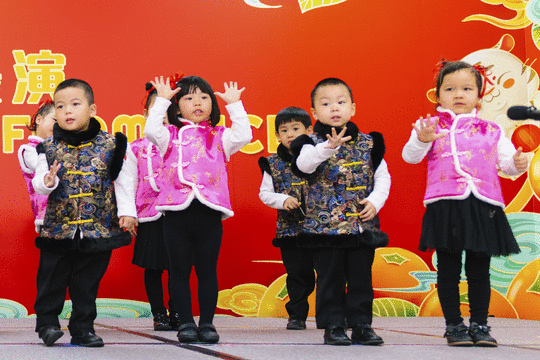
▲Various celebrations centred around Chinese New Year
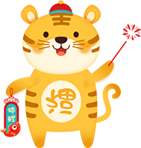
In addition to their performances, our pupils participated in many theme-based learning activities.

Our EYI pupils were told the story of Monster Nian. Their learning environment was full of jubilant decorations to give them a direct understanding of Chinese New Year.
Our EY2 children also learned the story of Monster Nian. They then engaged in a number of extended activities, such as painting, making handicrafts and physical play. Meanwhile, our EY3 and EY4 children played an active role in decorating their classrooms.

In addition to the festive activities around the Nursery, our Librarian came up with a special selection of Chinese New Year-themed books that are prominently placed for children to access throughout the library. This year, naturally, there were plenty books about tigers available for them to explore.

At Hiba Nursery our cultural teaching is not limited to just traditional Chinese festivals. In our daily teaching, teachers also use classic stories to build character and explore our five Hiba Values of Integrity, Responsibility, Respect, Courage and Kindness.
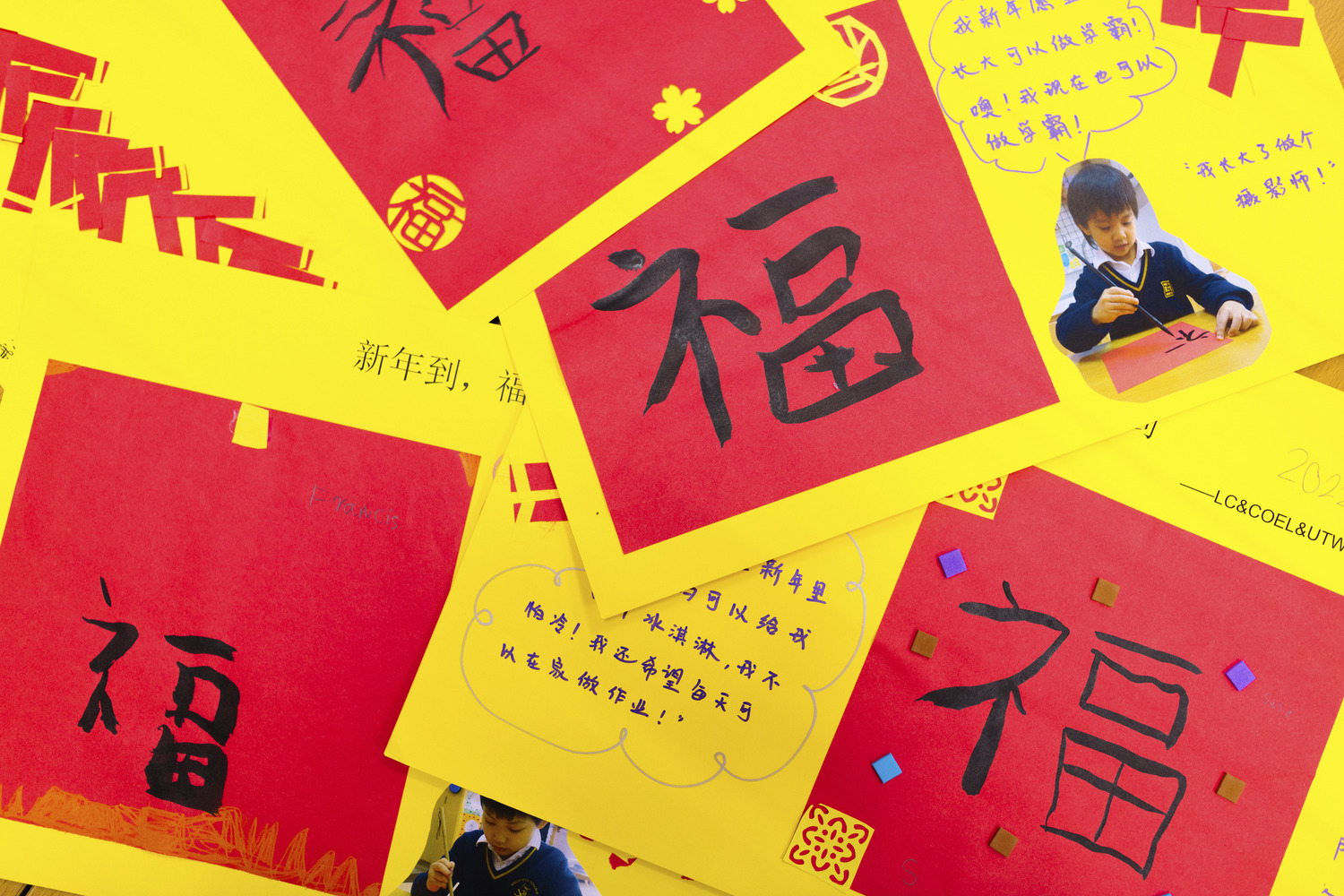
EY1 classroom teacher Ms Scarlett said: “We had a special story time at the Nursery – StoryTalk. During this time, we find many classic stories to share with the children and many of these stories are what parents read when they are in their childhood, such as Little Bunny and Pulling the Radish.”
Teachers demonstrate how to be kind to others, to respect those who are different from you and build a harmonious relationship with them, teaching children values of Chinese traditional culture through their daily words and behaviour.
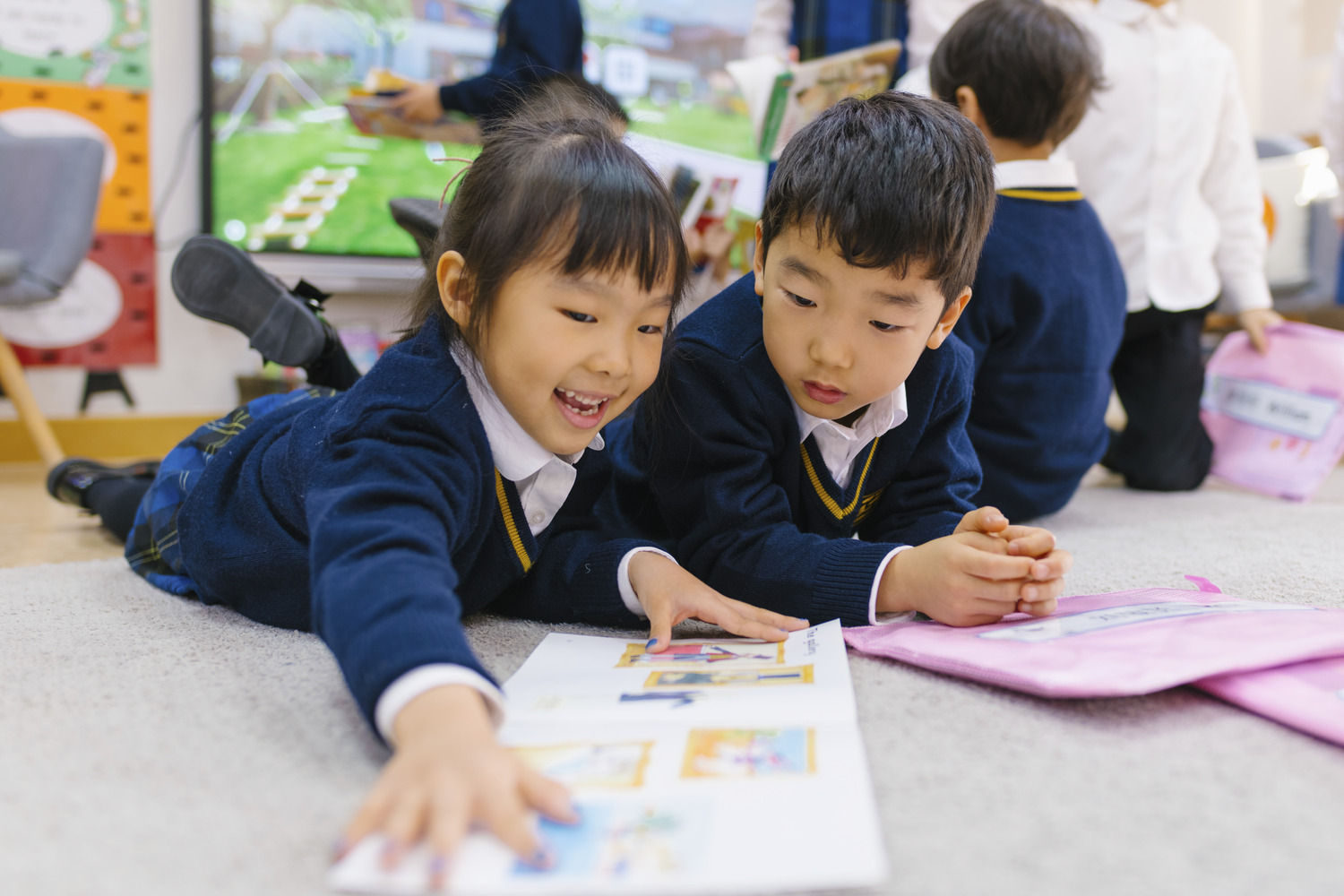
When children share these stories to others, they show their courage, and learn not to fear constructive criticism. Children who listen to the story and give their advice show their respect and learn how to express themselves appropriately.

When children understand the meaning of our Chinese culture, it can have positive influence on their life. They learn it from the people around them and from their daily experiences; they absorb it all quickly and thoroughly.
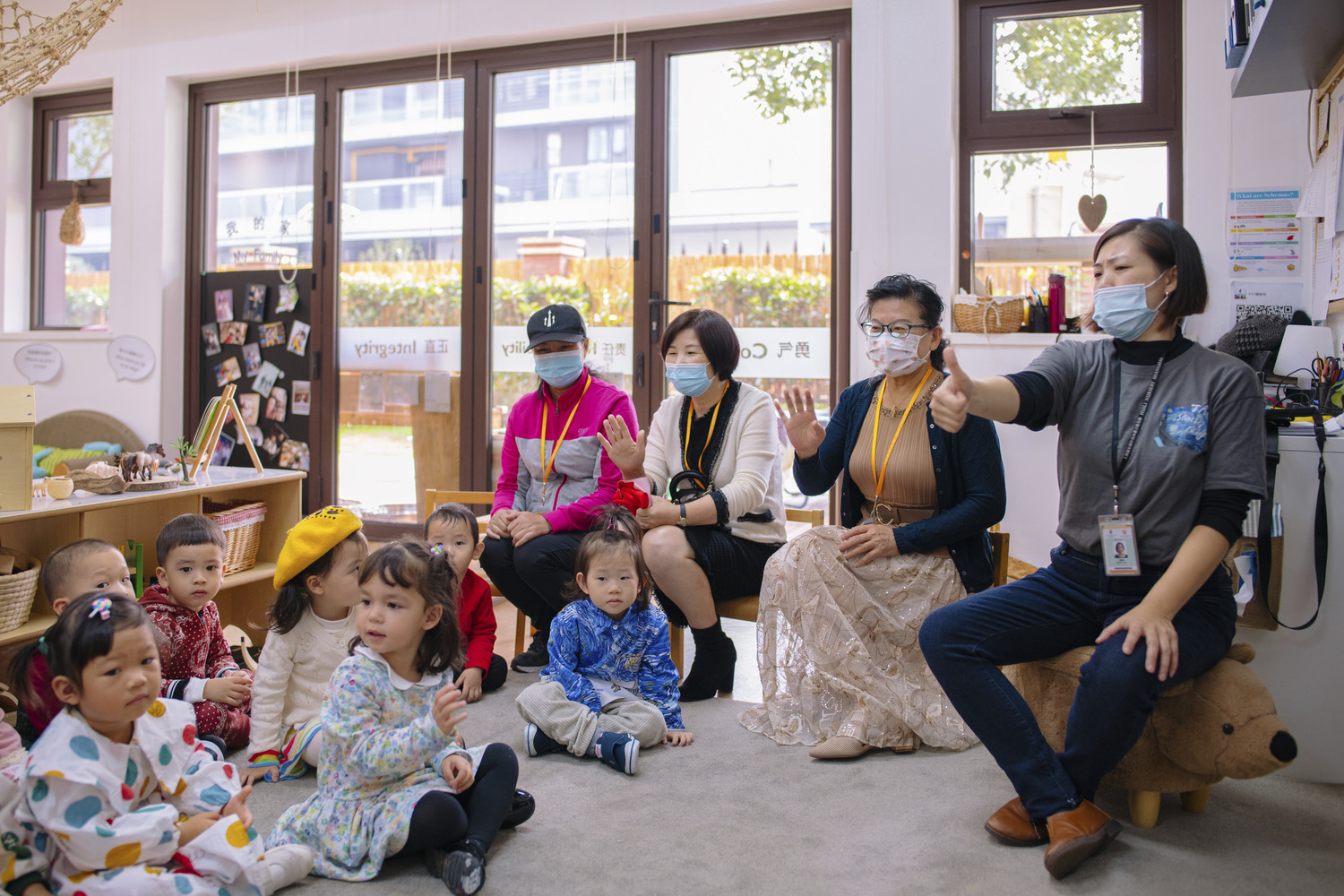
Cultural education is valuable both in Nursery and at home. Our parents, therefore, play an important and active role in their children's cultural education.
“Every week, we share with parents what children learn at Nursery and ask them help children recall and review their experiences at home. For example, when Chinese New Year comes, we suggest that parents talk about different celebrations with their children and share photos with us.
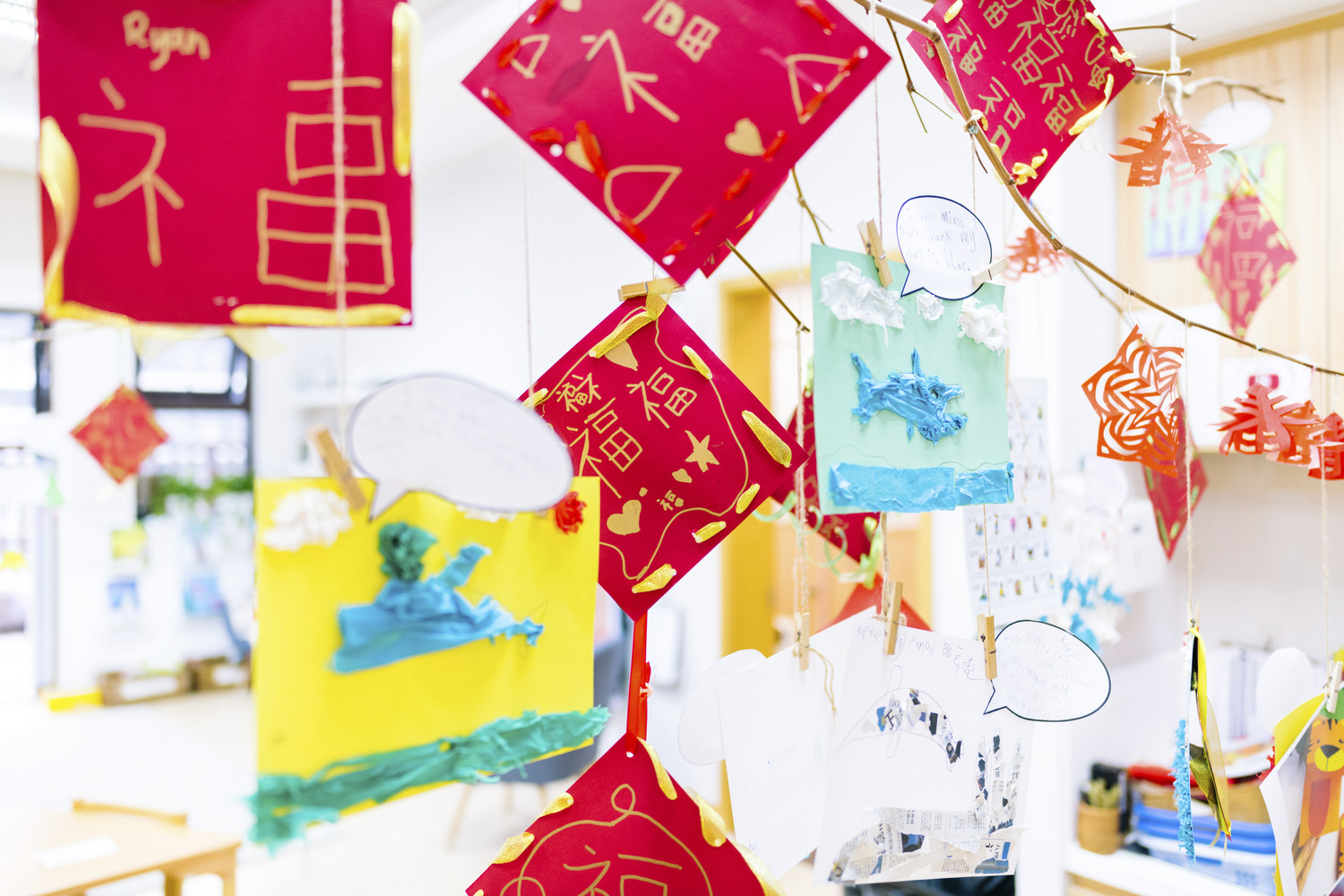
Children can use these photos to share what they did at home with their peers. In these activities, they will learn all the different ways that people celebrate a traditional Chinese festival as well as the common heritage we all share in China.”

A solid foundation in cultural education supports strong values and a sense of identity. With this identity children develop their self-awareness and are better equipped to one day be global citizens who help to build bridges between China and the rest of the world.
Content support in courtesy of Ms Scarlett Xi